What to Say (and not to say) to Someone with Endometriosis

Endometriosis is a lot more common than many people realise. In fact, it’s estimated that 10% of women worldwide have the disease. Despite its prevalence, misconceptions about what endometriosis actually is remain widespread. Resulting in people hearing unhelpful, and often dismissive, comments so often. Because so many people have endometriosis, more understanding is absolutely essential!
Women who have the disease shouldn’t be made to feel alone and without help, which is why we need to raise awareness and educate people about living with the condition.
What not to say:
“I also get painful periods”
Endometriosis is more than just painful periods, and comparing it to this can be frustrating for people who have to live with the disease every day.
Endometriosis occurs when cells similar to the ones found in the lining of the uterus grow in other areas of the body. This is often the pelvic area, but it can occur in other places as well.
Painful periods are just one symptom, but women can also experience things like lower back and pelvic pain, heavy bleeding, and potential infertility.
Sometimes sharing experiences can be validating, but other times it can come across as
downplaying someone elses. So, unless you also suffer from endometriosis, it’s best not to compare.
“A Doctor Can Help You”
Many women wait between 7-8 years to get a diagnosis, which is a substantial amount of time to be struggling un-medicated and without answers. If someone has a diagnosis, they already would’ve been to a doctor, probably several times before getting the answers they needed. Telling them what to do isn’t helpful because they’ll already know what they have to do and what works for them.
Not receiving medical help can feel devastating, and like there is no light at the end of the tunnel. The best thing you can do is be there for them, let them vent and acknowledge their struggle. Offer a listening ear, not solutions.
“Paracetamol will help with the pain”
Yes, painkillers like paracetamol and ibuprofen can sometimes help to reduce symptoms. However, paracetamol might not be the best solution for everyone, and sometimes the pain is much worse than anything regular painkillers will help with.
It’s important to remember that people with endometriosis have their own methods of coping. As mentioned earlier, people don’t always want to hear solutions from their loved ones; they want emotional support.
Here are some things to say to give a more supportive approach:
Can I get you a hot water bottle or a heated blanket?
Would you like me to pick up anything from the shop to help you feel more
comfortable?
This shows you care, without assuming you know what is best for them.
“Are you planning to have children one day?”
Unfortunately, people with endometriosis can experience infertility. Asking them this question is insensitive because you don’t know their situation or what they’re going though. They might have been trying to conceive for a while without success. Asking them if they’re planning to have children, as for anyone trying to conceive, can cause more stress and anxiety, if they are experiencing infertility.
If someone wants to talk about this, they will bring it up themselves - it is best not to
initiate the conversation.
Natural ways to relieve symptoms
While there is currently no cure, there are natural remedies that some people find can help manage their symptoms. It’s important to remember that everybody is different, and these suggestions may not work for everyone.
Yoga
Some research has suggested that intense physical workouts can worsen endometriosis symptoms. In contrast, gentle yoga styles, such as restorative yoga, can help stretch and relax the pelvic area without putting too much strain on it. Specific poses like the restorative goddess pose or butterfly pose can provide some relief. These positions focus on opening the hips and can help increase blood flow to the pelvic region.
Foods that help with inflammation
Vegetables such as spinach and kale are high in antioxidants and vitamins, all of which help reduce inflammation. Fruits like blueberries, strawberries, and raspberries are rich in flavonoids, which have anti-inflammatory properties.
Fish such as salmon and sardines are packed with omega-3 fatty acids, which have been shown to reduce inflammatory markers in the body.
Herbal teas
Research suggests that natural options, like raspberry leaf tea, may help ease menstrual discomfort and support overall well-being. And, being that people with endometriosis might cut down on caffeine due to its inflammatory nature, raspberry leaf tea is a fantastic alternative.
Over The Moon Tea is crafted with whole leaf herbs like raspberry leaf, chamomile, spearmint, and dandelion root - ingredients traditionally used to ease cramps, reduce bloating and balance hormones.
This guest blog was written by Holly Dodd, a freelance writer passionate about giving a voice to subjects that are often overlooked or misunderstood. With a focus on raising awareness, she aims to start conversations with the aim of making a difference. You can reach her at holly.dodd@thewritersdiary.co.uk.

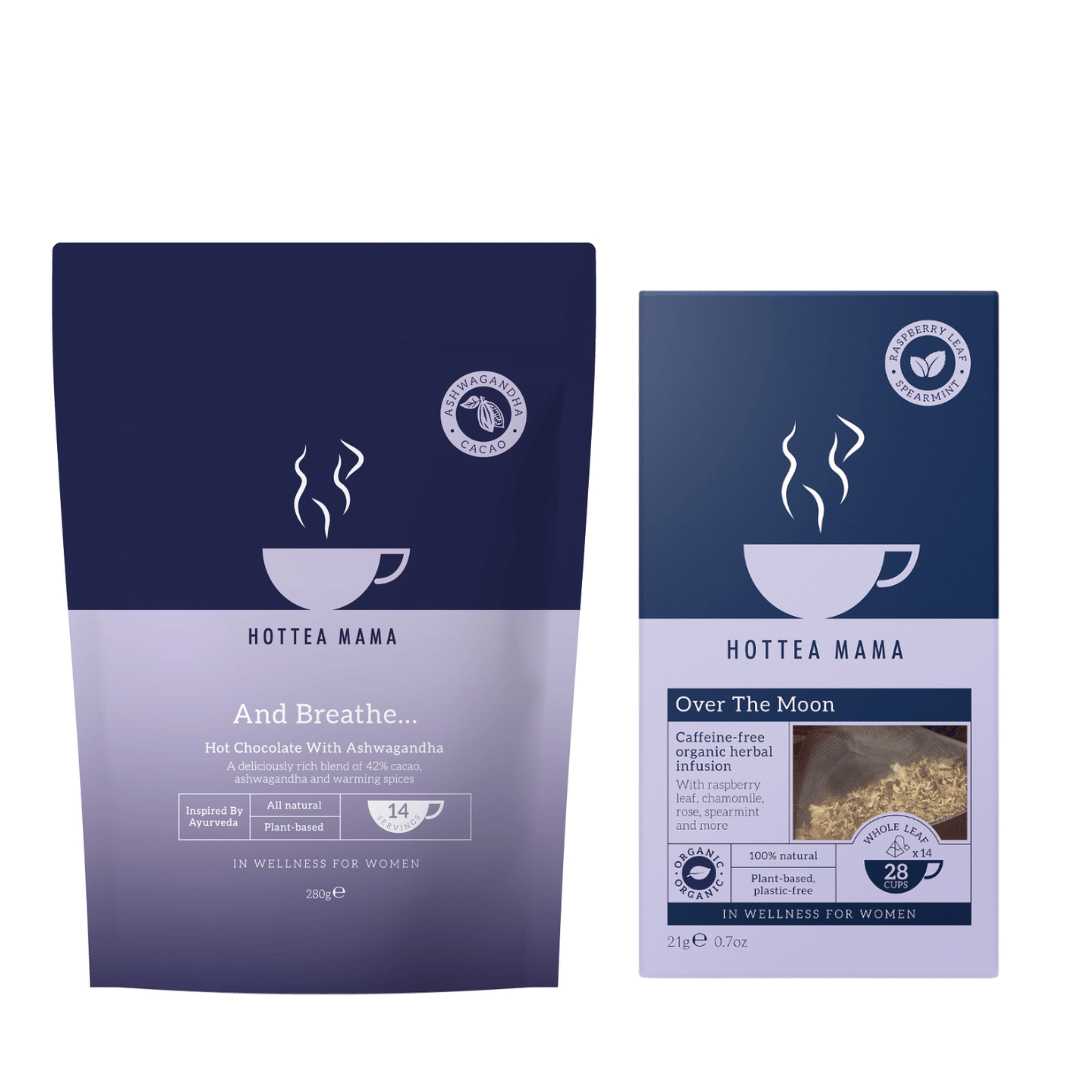
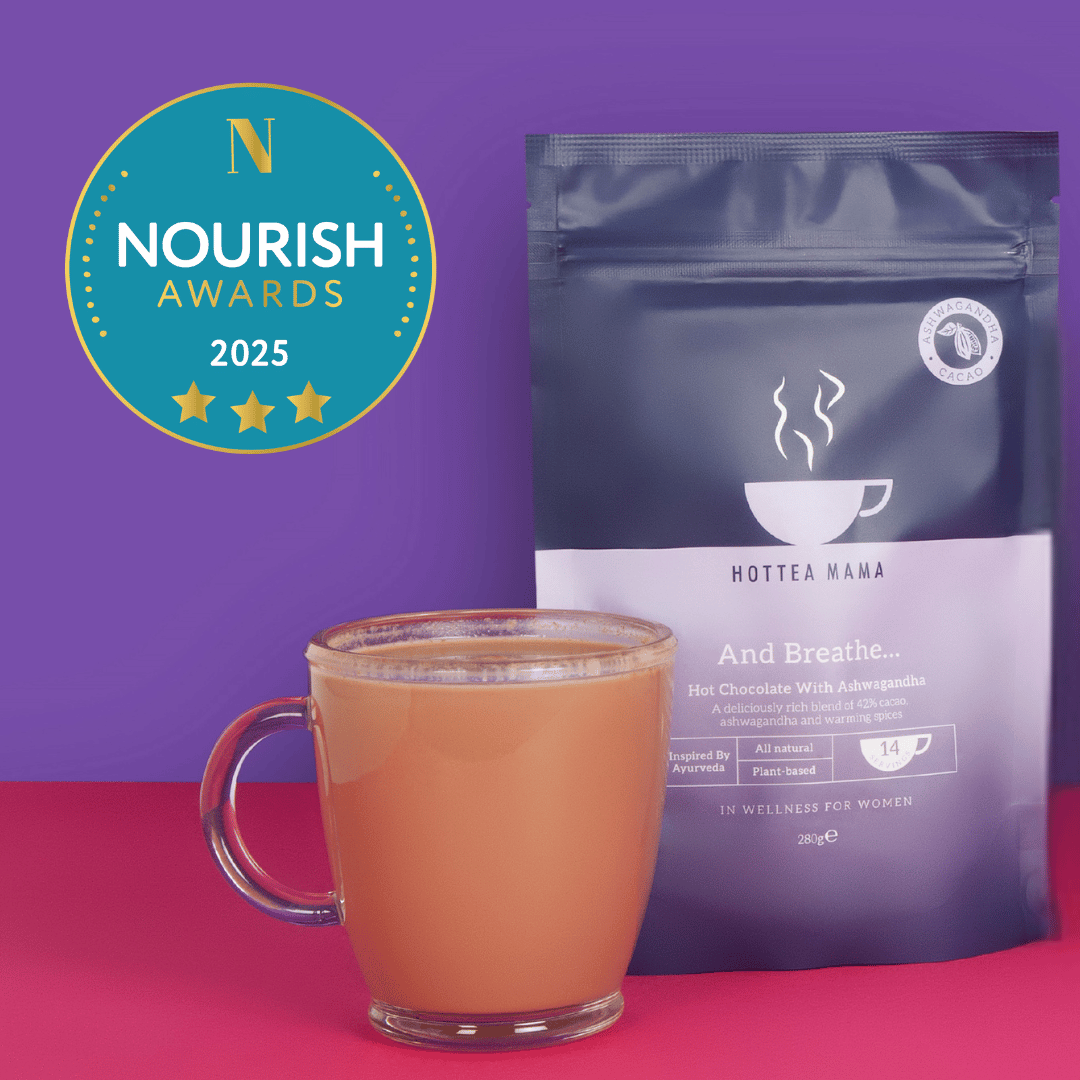
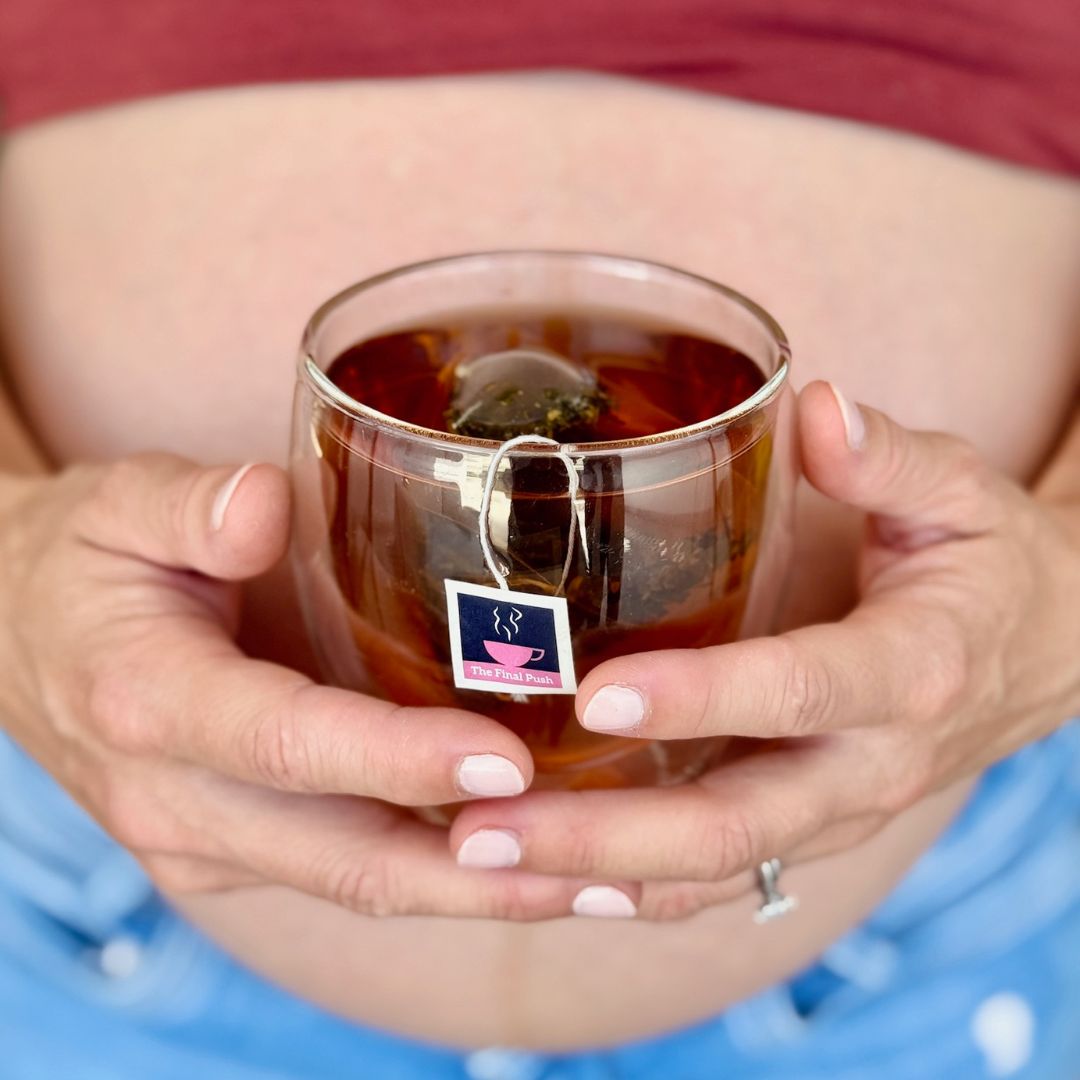
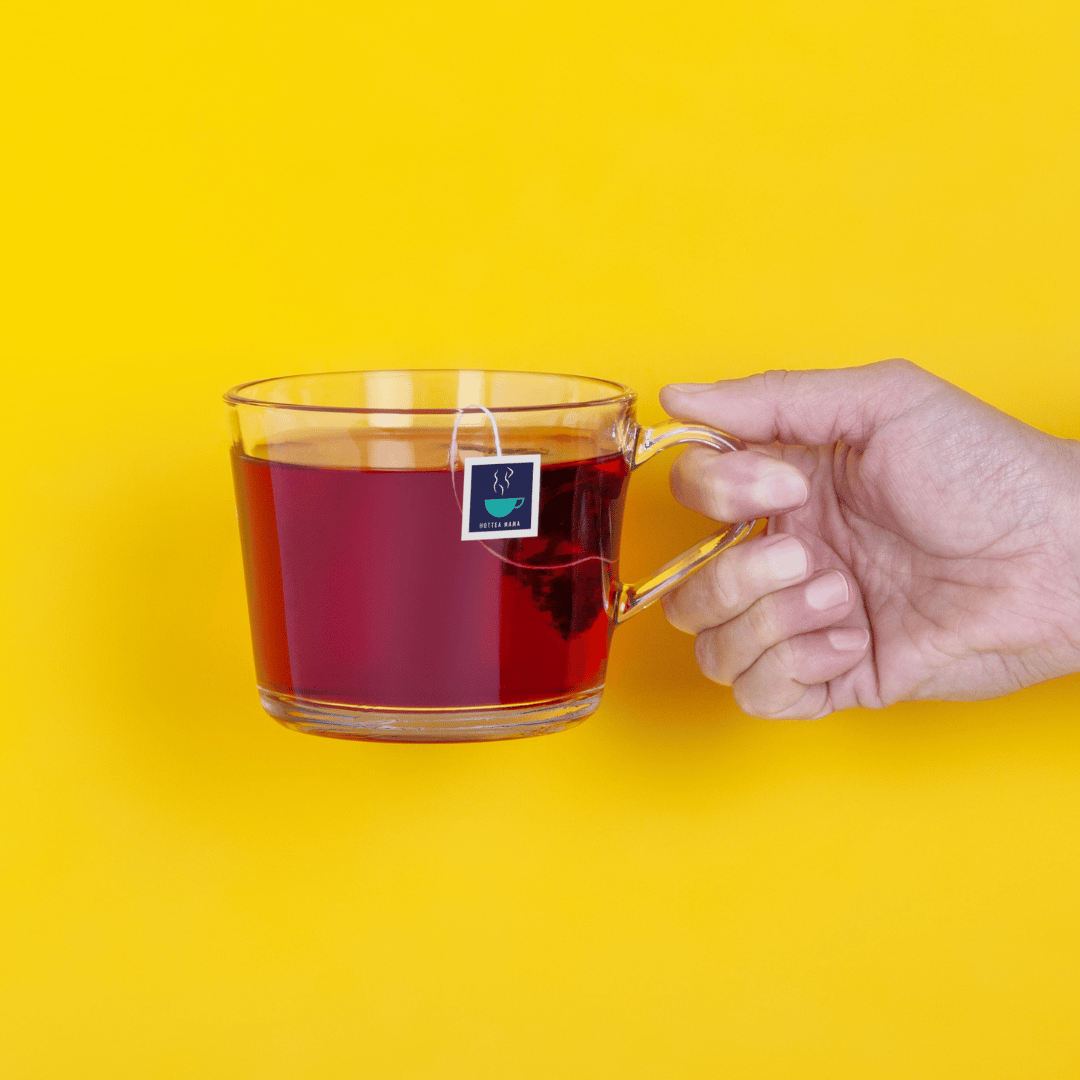
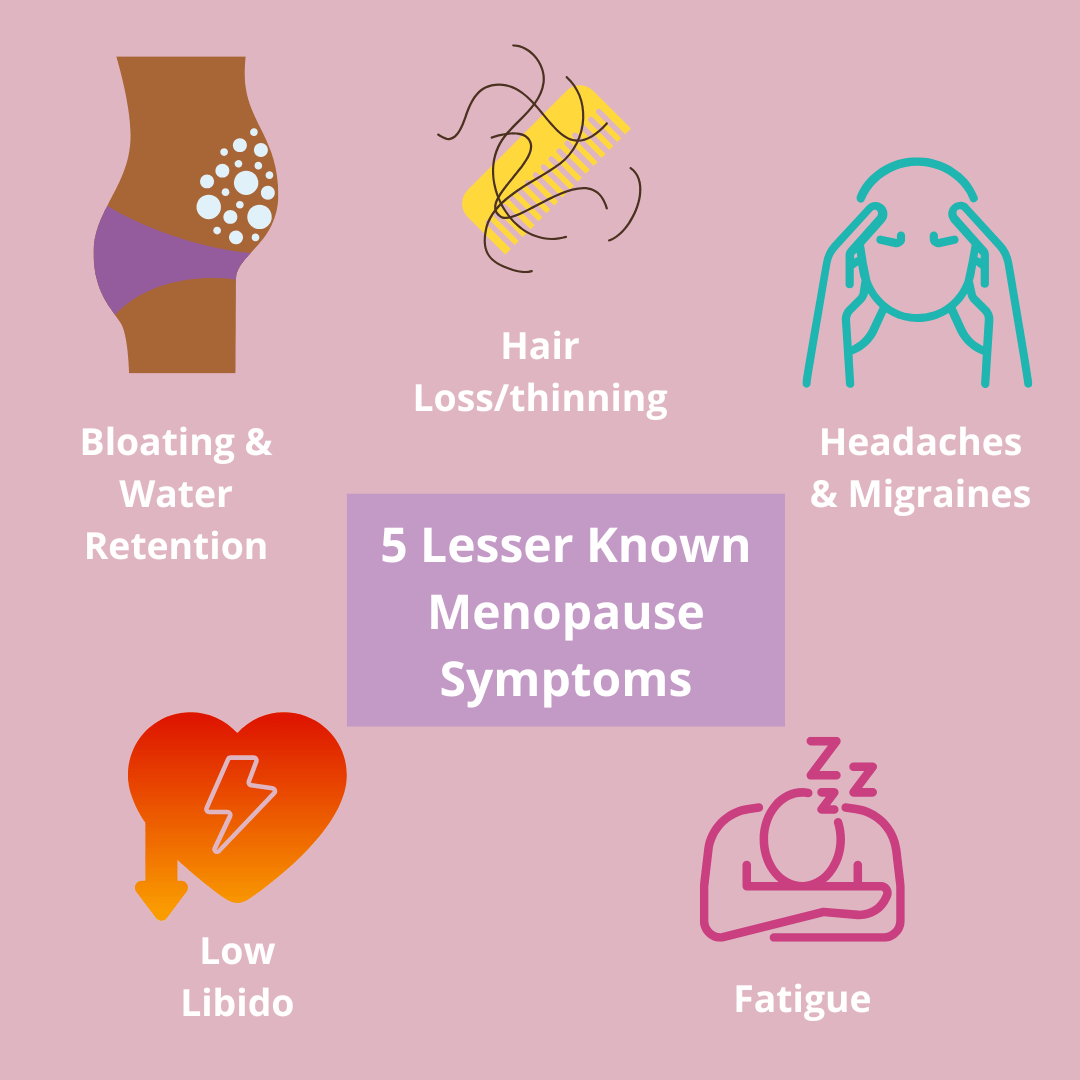
Comments